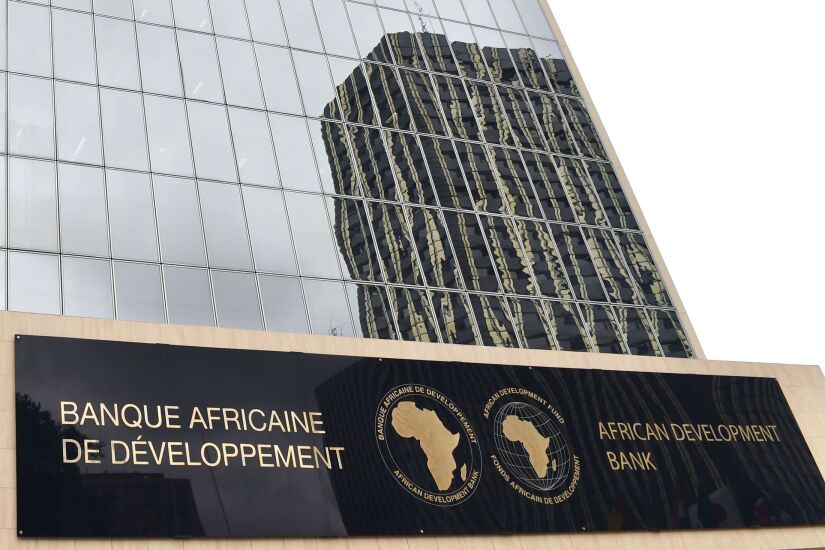In this week's global roundup, Revolut plans to temporarily halt crypto purchases,

Revolut plans to suspend crypto trading for U.K. businesses

Santander adds warnings for Facebook Marketplace payments

Visa plans to buy a majority stake in Mexican payment firm Prosa

TD expands data sharing capabilities in Canada, U.S.

M-Pesa will issue a plastic payment card

JCB expands contactless payments in the U.K.

Paytm billionaire bets on young, wealthy users in India to hit profit sooner
Billionaire founder and CEO Vijay Shekhar Sharma is overhauling Paytm's suite of money management products to better tap growing wealth among younger users, who are warmer to the idea of investing online. At the same time, the company is orchestrating a campaign to boost its salesforce to 50,000-plus people next fiscal year to try and sign up more merchants across smaller Indian cities and towns.
The twin initiatives mark an ambitious effort to turn around Paytm, officially called One 97 Communications Ltd., once hailed as a new-economy symbol of India's startup scene. The company has fallen roughly 70% since a $2.5 billion 2021 IPO as investors fret about persistent losses, while rivals such as Walmart Inc.'s PhonePE and regulatory curbs threaten to sap growth.
Now, Sharma says the wealth and merchants push, coupled with cost savings from AI automation, could help Paytm generate an operating profit in under a year. That would be faster than previous internal projections or analysts' estimates, the CEO said without elaborating.
"We have learned and we will amplify our ability to serve India, its small merchants and businesses," he told Bloomberg News in his company's chrome-and-glass headquarters on the outskirts of New Delhi. "We should be crossing about 50 million merchant-base signups on the Paytm platform in the year," he said from offices overlooking condominiums on one side and a large construction site on the other.
The Noida-based company had about 38 million merchants as of September, nearly 10 million of whom were paying for offerings such as QR codes, Soundboxes or audio payments confirmation machines and card machines.
Sharma, 45, the son of a teacher from a small town in India's most populous state of Uttar Pradesh, founded One 97 in 2010. The company began by offering services such as recharges for prepaid mobile services, but a federal withdrawal of high-value currency notes in 2016 gave its business a fillip. It grew rapidly into India's most ubiquitous payments brand, and counted Jack Ma's Ant Group Co. and Masayoshi Son's SoftBank Group Corp. among its backers. — Sankalp Phartiyal, Bloomberg News

African Development Bank to pull some staff from Ethiopia after assault
The two staff members were released after Akinwumi Adesina, the bank's president, contacted Ethiopian Prime Minister Abiy Ahmed. The bank made an official complaint on Nov. 6, demanding an investigation. Finance Ministry officials didn't immediately respond to a request for comment.
"The situation is still not yet resolved in a satisfactory manner," Adesina said in a statement on Wednesday, adding that a delegation of senior bank staff had traveled to the country. "The Ethiopian government has, to date, not shared with the bank any report, or details of investigations into the incident," he said, adding that its international staff do not feel safe in the country.
The souring of relations with the crucial lender comes at a time when Ethiopia's economy is already struggling. The country defaulted on its international debt last week and last month an auction for a third mobile license failed to attract any bidders. The only internationally owned financial services company said it was closing down after the central bank changed foreign exchange rules.
"The incident has also raised concerns among the bank's shareholders, other multilateral development banks, international financial institutions, the broader diplomatic community, and other stakeholders," Adesina said. "While the bank appreciates the excellent relations it has with Ethiopia until this egregious incident, its continued operations and future presence in the country could be negatively affected if the incident is not fully resolved." —Antony Sguazzin, Bloomberg News





